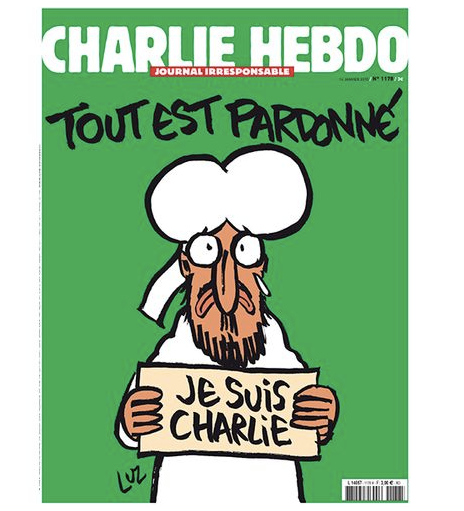Sam Smith agitates to make an award “gender-neutral” and when he succeeds he pretends to have a sad about the women.
Smith’s popularity is remarkable — 30 million more monthly listeners on Spotify than Adele — and the recent, riotous single Unholy feels like a statement. As does the new album, Gloria, which blends house, gospel and a blast of choral to create music of release, with lyrics steeped in “queer history”. Unholy earned Smith a Grammy nomination for the first time since that debut and is also up for best song at the Brit awards.
Ah, the Brits. The one step forwards, two steps back awards show. Smith will have to wait until next year’s ceremony to score a nod for best artist with Gloria — the first time the singer will be eligible for the gender-neutral prizes introduced last year, merging the best female and best male into an overall best artist category.
Yet the 2023 awards ceremony being held next month is already a nightmare. No women are up for best artist. Indeed, just 42 per cent of the nominations are for female artists. What’s this got to do with Smith? In 2021 the star called for the awards to be “reflective” and so became the figurehead for a landmark change, the Brits becoming the first big UK awards to become gender neutral.
And because he’s a man, it didn’t occur to him that gender-neutral will mean overlooking women, because it always does.
Women warned at the time that the change risked marginalising female artists. And so it has come to pass. Before the award went gender neutral, five women used to enjoy the spotlight in the annual race to become best female artist. This year the spotlight is basically on Harry Styles, Stormzy and George Ezra, without a woman in view.
Neutral isn’t always neutral.
“It is a shame,” Smith agrees. The singer looks genuinely bewildered that women have been forgotten, despite the bear trap the Brit jurors have walked into being so obvious.
Thus demonstrating that he’s not gender-neutral at all, he’s a man, and typically oblivious to the ways women are ignored and overlooked and filtered out.
“It’s incredibly frustrating,” Smith says with a sigh. “It feels like it should be easy to do. [The Brits] just have to celebrate everyone because this is not just about artists getting awards. Awards are for kids watching on TV, thinking, ‘I can make music like this.’ When I was young, if I’d seen more queer people at these awards it would have lit my heart. Awards are there to inspire.”
Right. See also: women. Awards are for girl kids watching on TV, thinking “I can make music like this” as well as boy kids. If there are few or no awards for women, girls watching won’t be thinking that.



